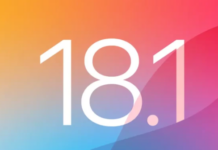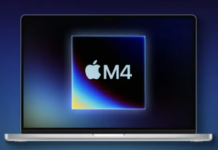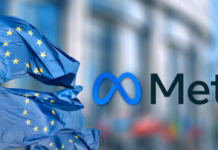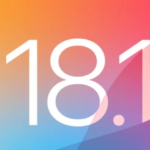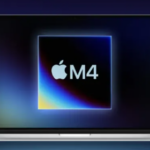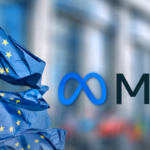These will be 5 years where; Huawei was put on the black books by US after different sanctions. One of the consequences is very visible: now that Google’s services are not available on the Chinese smartphones, the brand loses its edge compared to its competitors. There is a recently an exception for our Mate 60 smartphone, but we have been steadily creating more boundary from the Android since 2019. The whole marketing strategy is not without a purpose, the company itself released HarmonyOS mobile operating system the same year. The latest system still is an improved Android, and it will change to HarmonyOS NEXT that once was completely different.
I am sure that liberalization is a reason for its future ambition. HarmonyOS iteration with the goal to offer to the maximum amount of people it is available to was announced at Huawei’s Analyst Summit. “Our effort will be channeled towards the development of HarmonyOS app ecosystem in the Chinese market while we will spread it to countries each in turn from time to time, and then to other parts of the world,” Eric Xu, the rotating chairman of the company. This aim will be attained through launching plethora of applications on the platform. This thing is a form of exercise which is predominantly designed according to the practices in China.
Eric Xu shows that “in the Chinese market, as the users of the Huawei smartphone spend the 99% of their time in about 5,000 apps”, Therefore, we will begin with 2024 for transferring these apps to HarmonyOS by the first step, aiming in the final to make a unified system and app ecosystem using HarmonyOS. Chow also asked other apps to be included in HarmonyOS as well. “More than 4,000 from the existing 5,000 apps are currently adapting to Huawei’s new mobile operating system,” the executive said.
The company’s ambitions are very clear: it wants to position HarmonyOS as an alternative to Android or iOS, “a third mobile operating system for the world”. The road is likely to be very long for the brand, especially in Europe where it is difficult to see how it could encourage users to turn away from Google.


